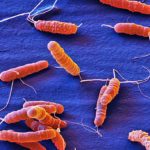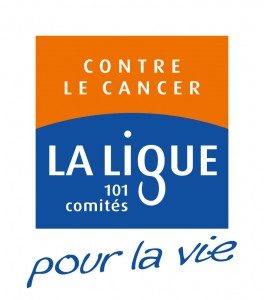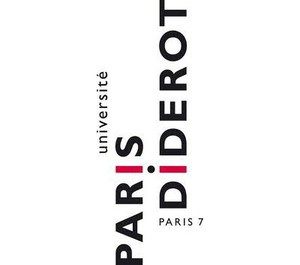About
The usptream stimulating factors USF1 and USF2 are pleïotropic transcription factors belong to the bHLH-Zip family as the oncogene c-Myc. They act as homo- or heterodimers and interact with DNA consensus E-box sequences in the promoter region of their target genes. USF 1 and USF2 are ubiquitously expressed and regulate the expression of genes involved in the cellular response to stress, cell cycle control, immune response, inflammation and the maintenance of genome stability (Corre and Galibert, 2005). Several lines of evidence suggest that USF factors may act as tumor suppressors (Chen et al, 2006). Through DNA hypermethylation, H. pylori modulates important host cell functions. Our previous work showed a transcriptional inhibition by DNA hypermethylation of USF1 and USF2 in the presence of H. pylori infection (Bussière et al, 2010). We postulate that the deregulation of USF1 and USF2 should impact the oncogenic properties of H. pylori. The aims of this project are to investigate i) the H. pylori-mediated regulatory mechanisms on USF1 and USF2 and their consequences on the promotion of gastric carcinogenesis ii) the H. pylori factors responsible for USF1 and USF2 deregulation. (Collaboration, MD Galibert, University of Rennes, D. Lamarque AP-HP, France).





